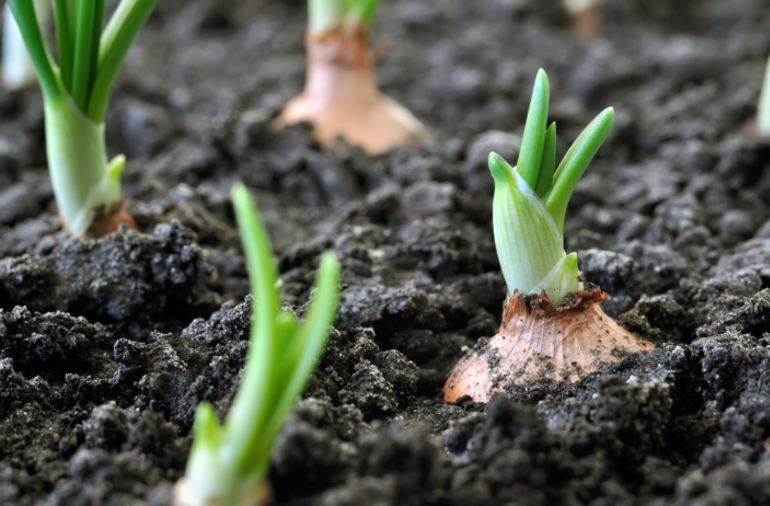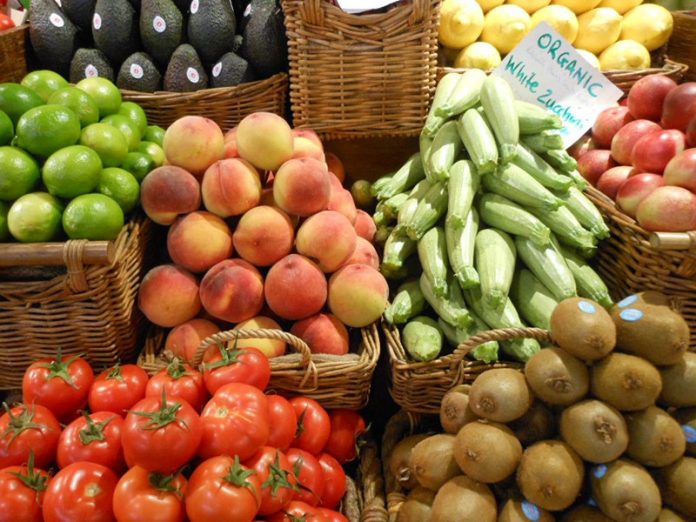The desire to use technology to enhance our world and save our lives has evolved into lust that when paired with cooperate greedy power politics becomes a catastrophic mass experiment that harms you and your family. Genetically Modified Organisms (GMOs) have become one of the most controversial issues in the world today.
“What is more viable to humanity than our food supplies?”
“Do you like Ruby red grapefruits? What about Italian pasta? Vietnamese rice?”
You have probably had the same conversation, in one way or another, for years: some say GMOs are harmful, while others say they will help us feed the growing billions of humans that populate our planet. People’s positions on the subject seem cemented, bound by the hard stays of emotion, nearly impossible to change. It is even more resonant at this intractable moment in Africa where the two issues from the economy, to food security, to healthcare and population dynamics have become subject to all top national debates.
You cannot ignore the headlines. GMOs have become a widely popular topic of discussion among consumers. It has also spurred many misconceptions by activists and food companies.
According to the last survey conducted by the Pew Research Center, most people believe that organically grown produce is healthier than conventionally grown varieties.
What are GMO supporters saying?

GMO Scientists say that people are not aware that food from GM seeds e.g. corn has the same nutritional characteristics as food from seed produced through conventional breeding including organic crops.
Nevertheless, the nutritional value of GMO foods is tested and compared against non-GMO foods and no nutritional difference was found.
Increasingly, the debate on how the world would provide food, fiber and energy to meet its growing populations continues to take center stage in the development space. It is estimated that global population would reach 9 billion from the estimated current figure of 7.8 billion by 2050.
The Argument
In Africa, farmers and ranchers, have many choices when it comes to growing crops as well as feed for animals. Growing conventional crops, genetically modified (GM) crops, organic crops or a combination is the choice of the farmer. They ultimately select the best practice that fits their businesses. In addition, consumers have a right to choose what foods they want.
Organic agriculture is a factor of sustainable development: for society, the environment and the economy. However, most countries in Africa, nowadays, are facing a major environmental challenge. In recent decades, emerging issues such as the destruction of the ozone layer, global warming, loss of biodiversity, pressures on natural resources and the recent economic crisis have led to the need for a more environmental friendly growth model.

Organic agriculture|SOURCE:Google.com
On the other hand, GMO companies argue that, as the world population grows and agricultural production land resources stay the same or diminish, GM seeds can be a critical tool in feeding the world without depleting resources or harming the environment. GM seeds can contribute greatly to conservation and environmental stewardship, in particular, preserving our land and keeping soil healthy.
Additionally, as seed companies and researchers continue to make new strides in developing crops with the use of genetic engineering, there are increased opportunities to enhance the nutritional profile of foods that are important in developing countries that need cheap and nutrient-rich food.
Although organic farming is often perceived as a mode of production which is perhaps non-polluting and creates healthy and tasty products, its low productivity prevents any serious development in the future. The yield from organic farming is unable to feed the rising population on the continent.
Sadly, the high prices of products from organic farming compared to products from conventional agriculture is the major obstacle. The food share of the budget of an average African can easily bear a slight increase. In Kenya for instance, the conventional processing industries like fast- foods are many and cheaper compared to its counterpart, organic industries, which are dignified and very expensive for a local citizen.
The Bottom Line

Type of organic farming| Google.com
What most people do not understand is that organic foods are expensive to produce therefore expensive to purchase, however, the tradeoff is better health. They minimize exposure to chemicals that can adversely affect your health.
Today, many people have an overabundance of toxins in their bodies due to plastics, heavy metals and other compounds that are found in their foods. Many of these metals and other compounds can lead to a variety of forms of cancer. Hormones added to foods can lead to higher levels of estrogen and cause lab rats to develop cancers. When combined with low levels of arsenic, which is often found in nonorganic foods, they have an even higher incidence of cancers.
GMOs, despite being cheap and abundant, should not be the answer to food security in Africa. They are exposing us to harmful toxins that can cause us a myriad of health issues at some point in our lives. Hence, a lot of expenditure will be redirected to healthcare, something we can avoid by choosing healthy foods. The choices are; pay more for food or pay more out in doctors’ bills.
My final two cents?
Everyone knows that the quality of the food we eat affects our health significantly. Organic foods are basically a better option for our bodies and the environment. However, the drastic difference in price, choosing organic over GMO foods may seem hard to justify. In spite of the cost, buying organic is not just a way to ensure the health of you and your family, but it is a way to let “big business” know that you are not buying their pretty-looking, junk-filled, less nutritious foods. Take a stand against poor farming and harvest practices and encourage a sustainable future for your children and grandchildren,



